Home>Garden Essentials>What Is Basil Seed
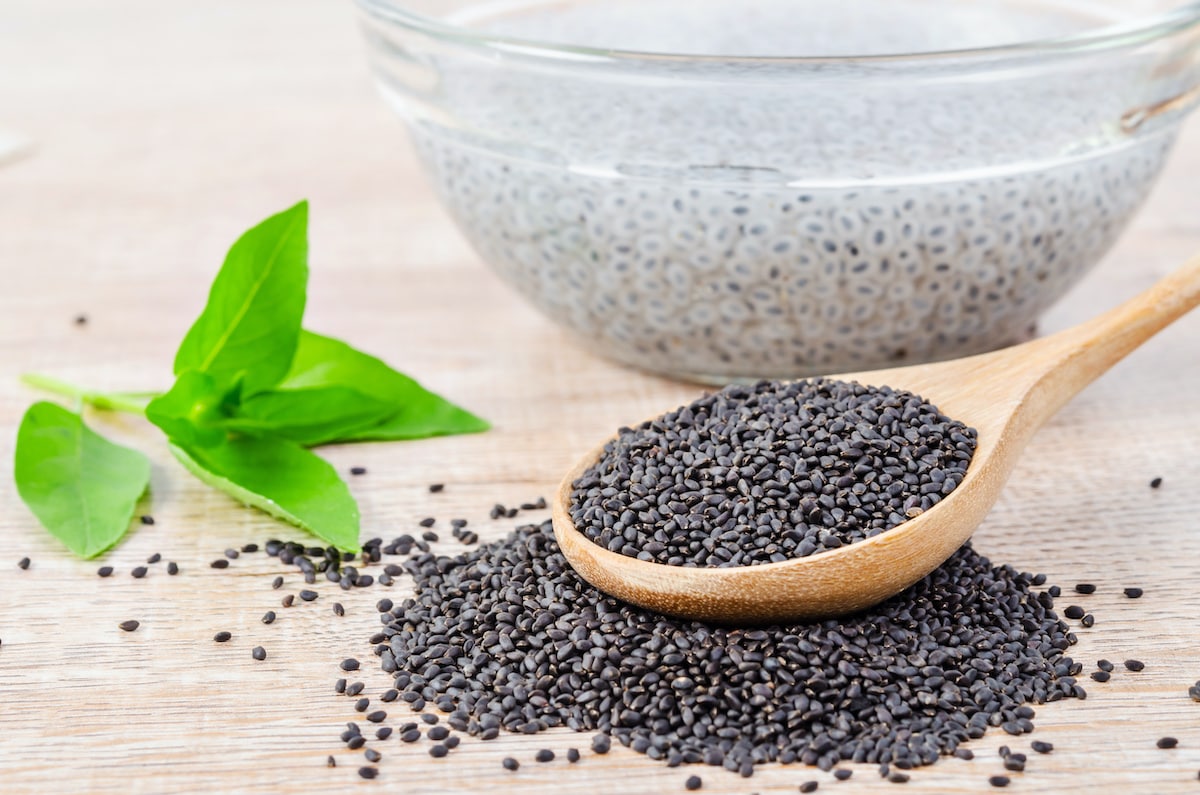

Garden Essentials
What Is Basil Seed
Modified: August 17, 2024
Discover the wonders of basil seed gardening and learn everything you need to know about growing and caring for basil seeds in your own garden.
(Many of the links in this article redirect to a specific reviewed product. Your purchase of these products through affiliate links helps to generate commission for Storables.com, at no extra cost. Learn more)
Introduction
Welcome to the fascinating world of basil seeds! Known for their numerous health benefits and versatile culinary uses, basil seeds have become increasingly popular in recent years. From their historical significance to their nutritional value, there is much to explore about these tiny but mighty seeds.
Basil seeds, also known as sabja or tukmaria seeds, are derived from the sweet basil plant (Ocimum basilicum). While basil leaves have long been used in cooking and herbal remedies, the seeds of the basil plant have gained recognition for their unique properties. These small, black seeds have a jelly-like coating when soaked in water, adding an interesting texture to various culinary creations and beverages.
In this article, we will delve into the history, characteristics, nutritional value, health benefits, culinary uses, and potential side effects of basil seeds. Whether you are a gardening enthusiast, a health-conscious individual, or simply curious about new ingredients, read on to uncover the wonders of basil seeds.
Key Takeaways:
- Basil seeds, derived from the sweet basil plant, offer a jelly-like texture when soaked in water. They are rich in nutrients, aiding in digestion, weight management, heart health, and more.
- Basil seeds, with a rich history and unique characteristics, can be used in a variety of culinary creations. They offer a subtle flavor and impressive nutritional benefits, but should be consumed in moderation and as part of a balanced diet.
Read more: What Are Basil Seeds
History of Basil Seeds
Basil, which is native to India and other parts of Asia, has a rich history that dates back thousands of years. The use of basil seeds can be traced back to ancient times, where they were primarily utilized for their medicinal properties. In India, basil seeds have been traditionally used in Ayurvedic medicine to treat various ailments and promote overall well-being.
The ancient Egyptians also valued basil for its therapeutic properties. It is said that basil seeds were employed in the embalming process, symbolizing protection and purification in the afterlife. Basil seeds were even found in the tombs of pharaohs, further indicating their significance in Egyptian culture.
Over the centuries, basil seeds have spread across different regions and cultures, each incorporating them into their culinary traditions and herbal remedies. From Southeast Asia to the Mediterranean, basil seeds have become an integral part of various cuisines and traditional drinks.
Today, basil seeds have gained global recognition, thanks to their versatility and health benefits. They are not only used in food and beverages but also in the beauty and wellness industries. From refreshing summer drinks to nutritious desserts, basil seeds have come a long way from their humble origins, captivating the taste buds and improving overall well-being.
Characteristics of Basil Seeds
Basil seeds have several unique characteristics that set them apart from other seeds. Here are some key features of basil seeds you should know:
- Size and Color: Basil seeds are tiny, oval-shaped seeds that are about the size of a sesame seed. They are generally black in color.
- Texture: When soaked in water, basil seeds develop a gelatinous outer covering, giving them a unique texture. This jelly-like coating makes them popular in various culinary creations.
- Flavor: Basil seeds have a subtle and slightly nutty flavor. They do not have the strong, aromatic taste commonly associated with basil leaves.
- Hygroscopic Nature: Basil seeds are hygroscopic, meaning they have the ability to absorb water and swell up. When soaked in liquid, they can expand to almost ten times their original size.
- Edible Seeds: Unlike some seeds that need to be discarded before consumption, basil seeds are fully edible and are often consumed in their gelatinous form.
These unique characteristics make basil seeds a versatile ingredient in various culinary dishes. Whether used in beverages, desserts, or savory dishes, basil seeds add a touch of texture and nutritional value to your creations.
Nutritional Value of Basil Seeds
Basil seeds are not only known for their culinary uses but also for their impressive nutritional profile. These tiny seeds pack a punch of nutrients that contribute to overall health and well-being. Here is a breakdown of the nutritional composition of basil seeds:
- Protein: Basil seeds are a good source of plant-based protein, making them an excellent option for vegetarians and vegans.
- Fiber: These seeds are high in dietary fiber, which aids in digestion, promotes satiety, and helps regulate blood sugar levels.
- Omega-3 Fatty Acids: Basil seeds contain omega-3 fatty acids, which are essential for brain health, heart health, and reducing inflammation in the body.
- Minerals: Basil seeds are rich in minerals such as calcium, iron, magnesium, and phosphorus, which support bone health, energy production, and various bodily functions.
- Vitamins: They also contain vitamins A, C, and K, which have antioxidant properties and play a vital role in maintaining a healthy immune system.
- Antioxidants: Basil seeds are packed with antioxidants that help combat free radicals and protect the body against oxidative stress and chronic diseases.
The nutritional value of basil seeds makes them a valuable addition to a balanced diet. They offer a range of essential nutrients and can contribute to overall health and wellness when incorporated into your meals and beverages.
It is important to note that while basil seeds are nutrient-dense, they should not be relied upon as the sole source of nutrition. They should be consumed as part of a healthy and varied diet to reap their full benefits.
Health Benefits of Basil Seeds
Basil seeds offer a variety of health benefits due to their nutritional content and unique properties. Here are some of the key benefits associated with consuming basil seeds:
- Improved Digestion: The high fiber content in basil seeds supports healthy digestion by promoting regular bowel movements and preventing constipation. Consuming basil seeds can also help soothe digestive issues like bloating and indigestion.
- Weight Management: Basil seeds can aid in weight management due to their high fiber content. The gel-like substance formed when the seeds are soaked in water creates a feeling of fullness, reducing overeating and helping with portion control.
- Heart Health: The omega-3 fatty acids present in basil seeds have been linked to cardiovascular health. These healthy fats can help lower cholesterol levels, reduce inflammation in the arteries, and support overall heart function.
- Blood Sugar Control: Basil seeds have been shown to help regulate blood sugar levels, making them beneficial for individuals with diabetes or those at risk of developing it. The high fiber content and ability to slow down carbohydrate absorption contribute to better blood sugar management.
- Antioxidant Support: The antioxidants found in basil seeds help protect the body against oxidative stress and free radicals. This can potentially reduce the risk of chronic diseases, such as cancer and heart disease.
- Bone Health: Basil seeds are a good source of calcium, which is essential for maintaining strong bones and teeth. Adequate calcium intake, along with other bone-supporting minerals, can help prevent conditions like osteoporosis.
- Skin Health: The antioxidant and anti-inflammatory properties of basil seeds may contribute to healthier skin. Consuming basil seeds can help reduce skin inflammation, promote a clear complexion, and support overall skin rejuvenation.
While these health benefits are promising, it is important to note that more research is needed to fully understand the potential effects of basil seeds on specific health conditions. As with any dietary supplement or ingredient, it is best to consult with a healthcare professional before making significant changes to your diet.
Basil seeds, also known as sabja seeds, are tiny black seeds derived from the sweet basil plant. They are often used in drinks and desserts for their gelatinous texture and are a good source of fiber and antioxidants.
Read more: How To Start Basil Seeds
Culinary Uses of Basil Seeds
Basil seeds are incredibly versatile and can be incorporated into a wide range of culinary creations. Their unique texture and subtle flavor make them a popular ingredient in various dishes and beverages. Here are some creative ways to use basil seeds in your kitchen:
- Beverages: One of the most common uses of basil seeds is in beverages. They can be added to refreshing drinks like lemonade, fruit juices, smoothies, and even mocktails. When soaked in water, basil seeds swell up and develop a gel-like coating, adding a fun and interesting texture to your drinks.
- Desserts: Basil seeds can also be used in desserts to add a unique twist. They can be added to ice creams, puddings, and fruit salads for an additional burst of flavor and texture. Try sprinkling them over your favorite desserts for added visual appeal.
- Yogurt and Puddings: Add a spoonful of soaked basil seeds to your yogurt or pudding for a nutritious and delicious boost. The gelatinous texture of the seeds pairs well with creamy desserts, providing an enjoyable eating experience.
- Dressings and Sauces: Basil seeds can be incorporated into dressings and sauces to thicken and add texture. They work particularly well in salad dressings, chutneys, and marinades, enhancing both the taste and visual appeal of your dishes.
- Bread and Baked Goods: For a unique twist on bread or baked goods, try incorporating basil seeds into your dough. They can add a subtle crunch and an intriguing flavor profile to bread, muffins, and cookies.
- Jellies and Jams: Basil seeds can be used to make delightful jellies and jams. Their natural gelling properties, when combined with fruits and sweeteners, create a delightful spread that can be enjoyed on toast or used as a topping for desserts.
Get creative and experiment with different recipes to find your favorite way of using basil seeds. Remember to soak the seeds in water before using them to unlock their gel-like texture and maximize their culinary potential.
Note: While basil seeds are generally safe for consumption, be mindful of any allergies or sensitivities you may have. If you experience any adverse reactions, discontinue use and consult a healthcare professional.
Tips for Using Basil Seeds
Here are some helpful tips to keep in mind when using basil seeds in your culinary endeavors:
- Soaking: Before using basil seeds, it is essential to soak them in water. This allows them to develop their characteristic gel-like texture. Simply combine 1 tablespoon of basil seeds with 4 tablespoons of water and let them soak for about 15 minutes. You can adjust the amount of water based on your desired consistency.
- Proportions: When adding basil seeds to drinks or recipes, remember that they will expand significantly when soaked. Start with a small amount and adjust according to your preference. Too many basil seeds can create an overly gelatinous texture, so it’s best to find the right balance.
- Combining Flavors: Basil seeds have a subtle flavor that pairs well with a wide range of ingredients. Experiment with different flavor combinations to find your favorite. They work well with fruits, herbs, citrus flavors, and even savory ingredients like cucumber and mint.
- Storage: Like other seeds, it’s important to store basil seeds properly to maintain their freshness. Keep them in an airtight container in a cool, dry place away from direct sunlight. This will help preserve their quality and extend their shelf life.
- Quality: When purchasing basil seeds, opt for high-quality, organic products to ensure their safety and purity. Look for reputable brands or sources that follow good manufacturing practices and have positive customer reviews.
- Varieties: While black basil seeds are the most common variety, there are also some white and spotted varieties available. Experiment with different types to find your preferred texture and visual appeal.
- Enjoying the Texture: Embrace the unique texture of basil seeds. Whether it’s the gel-like coating or the slight crunchiness, be open to the sensory experience they offer. Incorporating basil seeds into your dishes can add a playful and exciting element to your meals.
By following these tips, you can make the most out of your basil seeds and enjoy their distinctive qualities in various culinary creations.
Remember to listen to your taste buds and be creative. Don’t be afraid to experiment with different recipes and adapt them to your personal preferences. Basil seeds are incredibly versatile and can add a delightful touch to many dishes and beverages.
Potential Side Effects of Basil Seeds
While basil seeds are generally safe for consumption, some individuals may experience certain side effects. It’s important to be aware of these potential effects and exercise caution when incorporating basil seeds into your diet. Here are some potential side effects to consider:
- Choking Hazard: Basil seeds, when not soaked properly, can expand and become gelatinous in the throat, leading to a choking risk. To prevent this, always soak the seeds adequately and consume them in their gel-like form.
- Allergic Reactions: Some individuals may have an allergic reaction to basil seeds. If you have a known allergy to basil or other plants in the mint family, it’s best to avoid consuming basil seeds or consult with a healthcare professional before doing so.
- Gastrointestinal Discomfort: Due to their high fiber content, consuming an excessive amount of basil seeds (especially without adequate hydration) may lead to gastrointestinal discomfort, such as bloating, gas, or diarrhea. It’s important to incorporate them into your diet gradually and drink plenty of water when consuming them.
- Interference with Medications: Basil seeds may interfere with the absorption or effectiveness of certain medications, especially those that require close monitoring of blood sugar levels or blood-thinning medications. If you are taking any medications, it’s crucial to consult your healthcare provider before adding basil seeds to your diet.
- Pregnancy and Breastfeeding: Limited research is available on the safety of consuming basil seeds during pregnancy and breastfeeding. It’s best to err on the side of caution and consult with a healthcare professional before incorporating them into your diet during these stages.
- Quality and Contamination: Ensure you choose high-quality basil seeds from reputable sources to minimize the risk of contamination or exposure to pesticides or other harmful substances. Always check the packaging for certifications and follow proper storage guidelines.
If you experience any adverse reactions or discomfort after consuming basil seeds, discontinue use and seek medical advice. What works for one person may not work for another, so it’s important to listen to your body and make informed decisions.
As with any dietary changes or supplements, it’s always a good idea to consult with a healthcare professional or registered dietitian before adding basil seeds to your diet, especially if you have any underlying health conditions or concerns.
Conclusion
Basil seeds are a remarkable ingredient with a rich history, unique characteristics, and a range of health benefits. From their humble origins to their worldwide popularity, these tiny black seeds have captivated the culinary world and the wellness community alike.
Whether you’re interested in exploring new flavors, boosting your nutrient intake, or simply adding an exciting twist to your meals and beverages, basil seeds are a versatile ingredient worth incorporating into your diet.
Through their gel-like texture, subtle flavor, and impressive nutritional profile, basil seeds offer numerous culinary possibilities. From refreshing drinks to creamy desserts and savory dishes, the creative potential for using basil seeds is vast.
It’s important to note that while basil seeds may offer various health benefits, they should be consumed in moderation and as part of a balanced diet. Everyone’s bodies and nutritional needs are unique, so it’s always wise to consult with a healthcare professional or registered dietitian before making significant dietary changes.
In conclusion, basil seeds are not only a delightful addition to your kitchen but also a versatile ingredient that can bring both taste and nutrition to your meals. So go ahead, immerse yourself in the world of basil seeds, and elevate your culinary experiences with the tiny but mighty power of these incredible seeds.
Frequently Asked Questions about What Is Basil Seed
Was this page helpful?
At Storables.com, we guarantee accurate and reliable information. Our content, validated by Expert Board Contributors, is crafted following stringent Editorial Policies. We're committed to providing you with well-researched, expert-backed insights for all your informational needs.
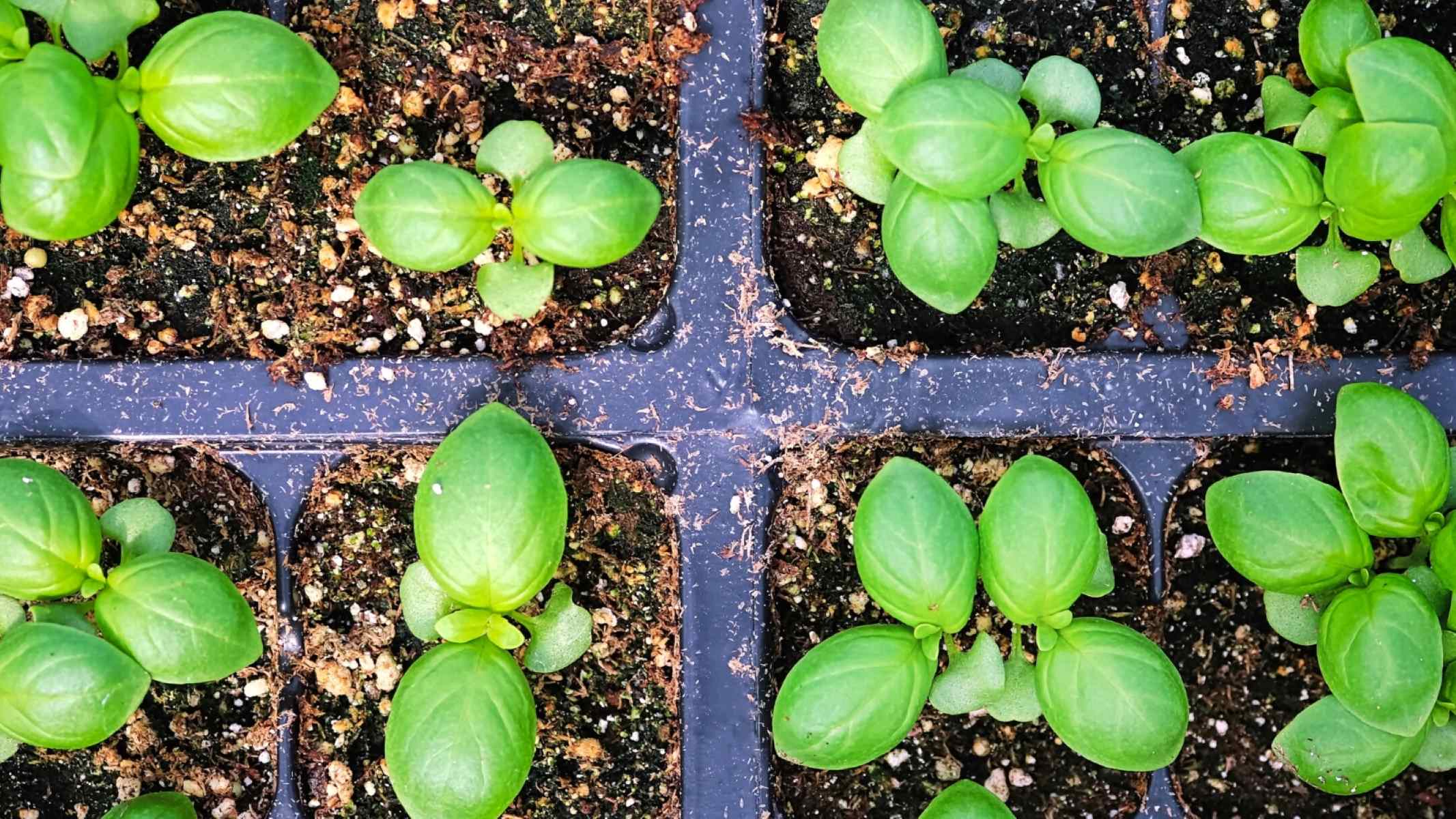
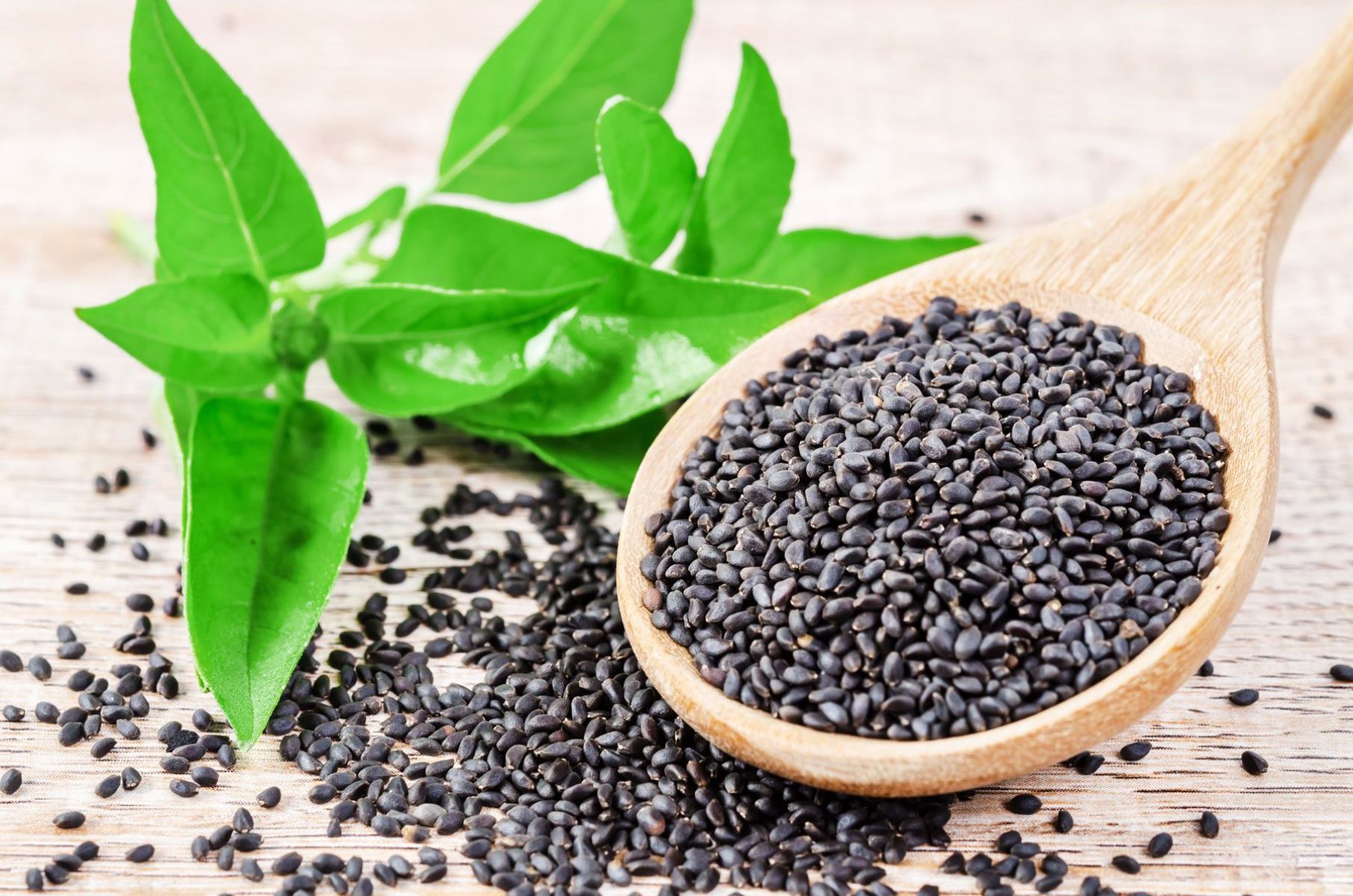
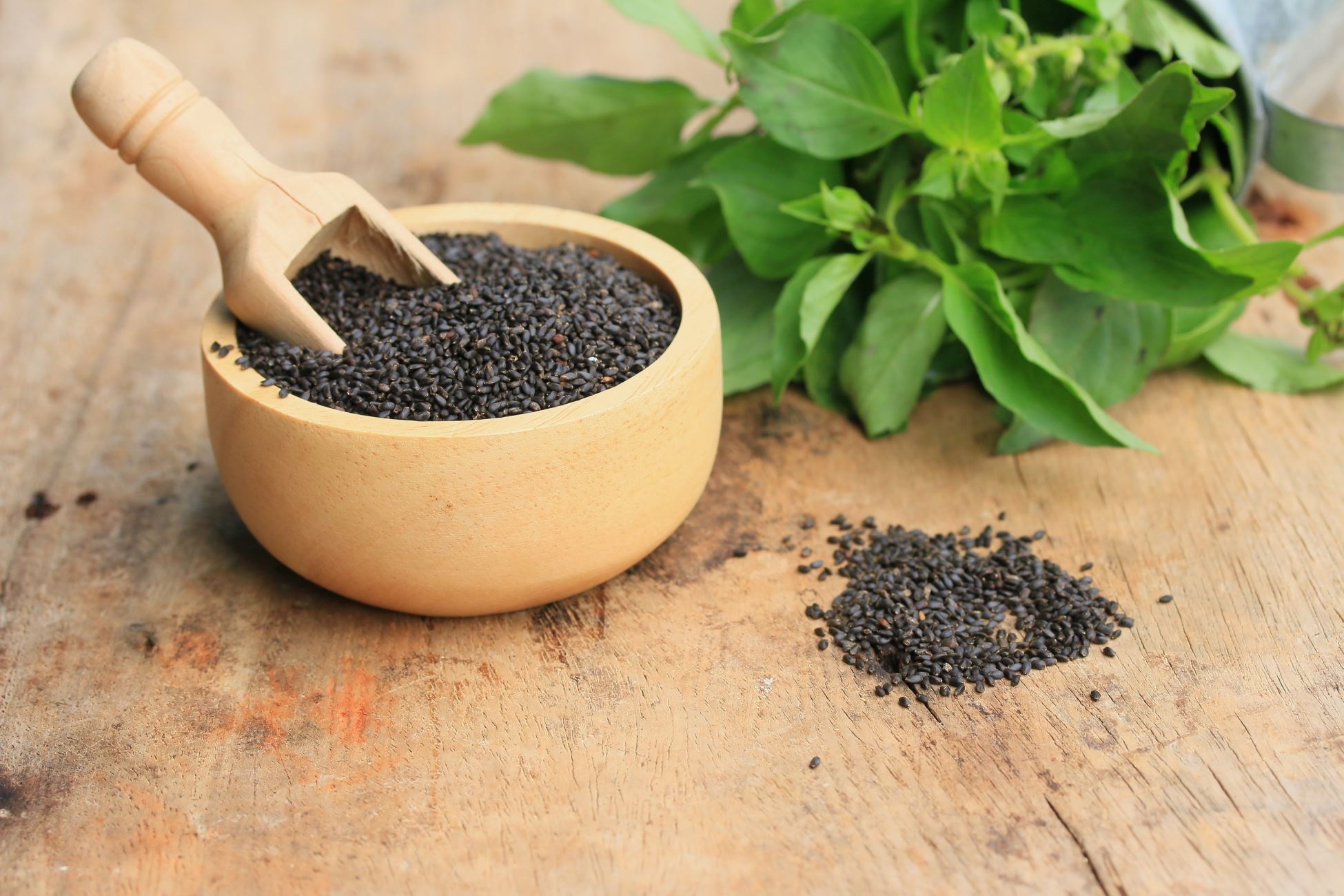
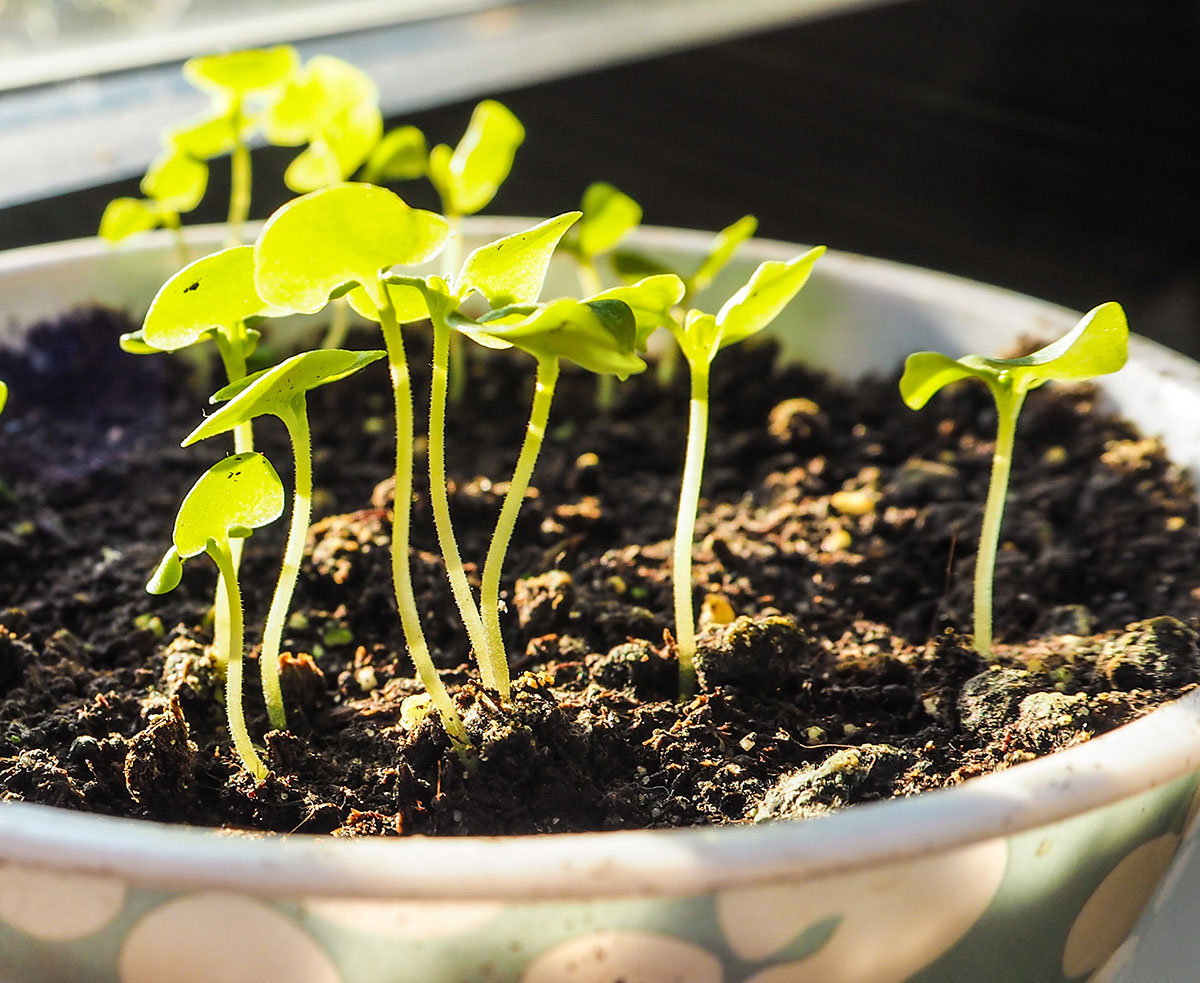
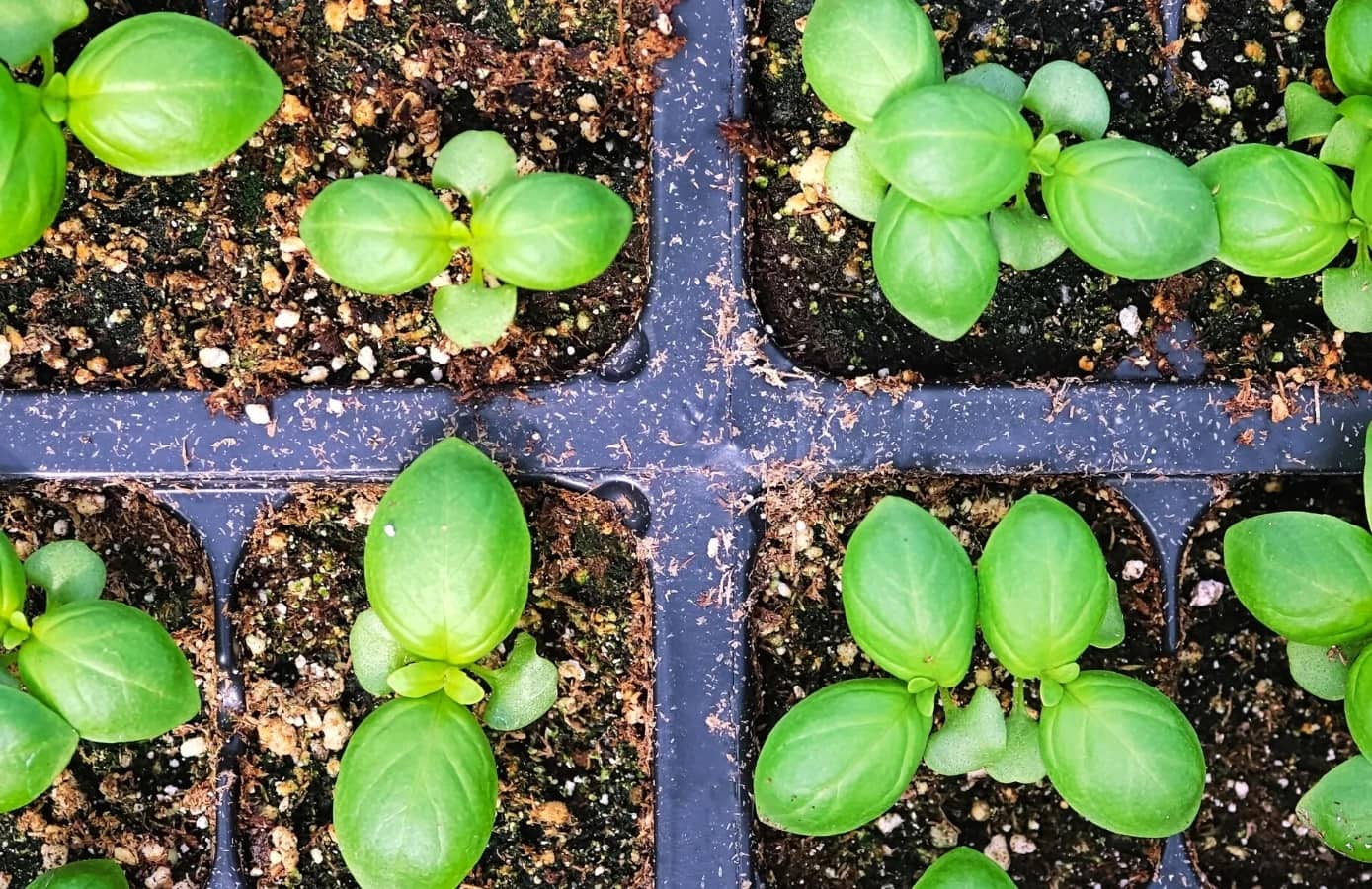
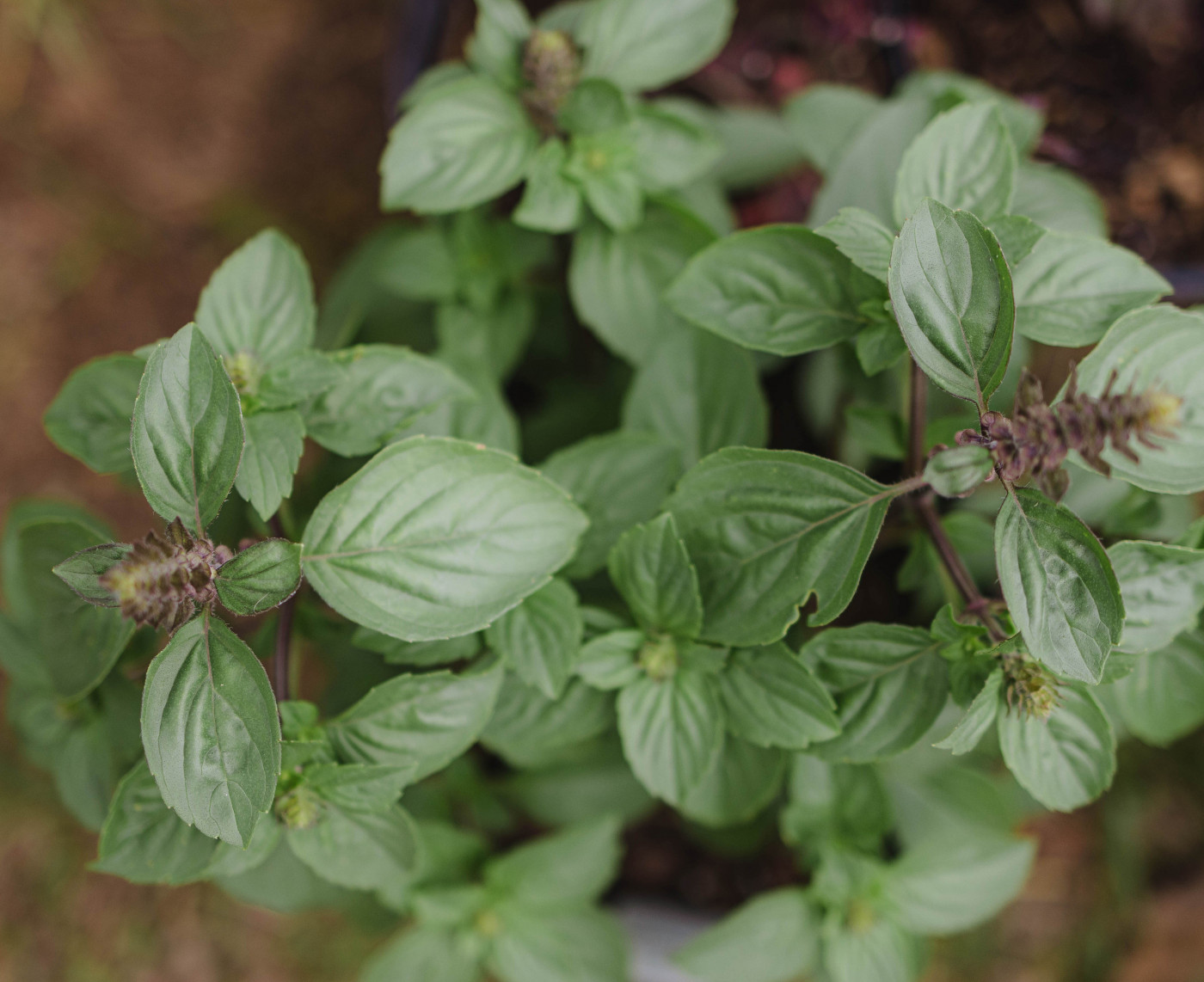
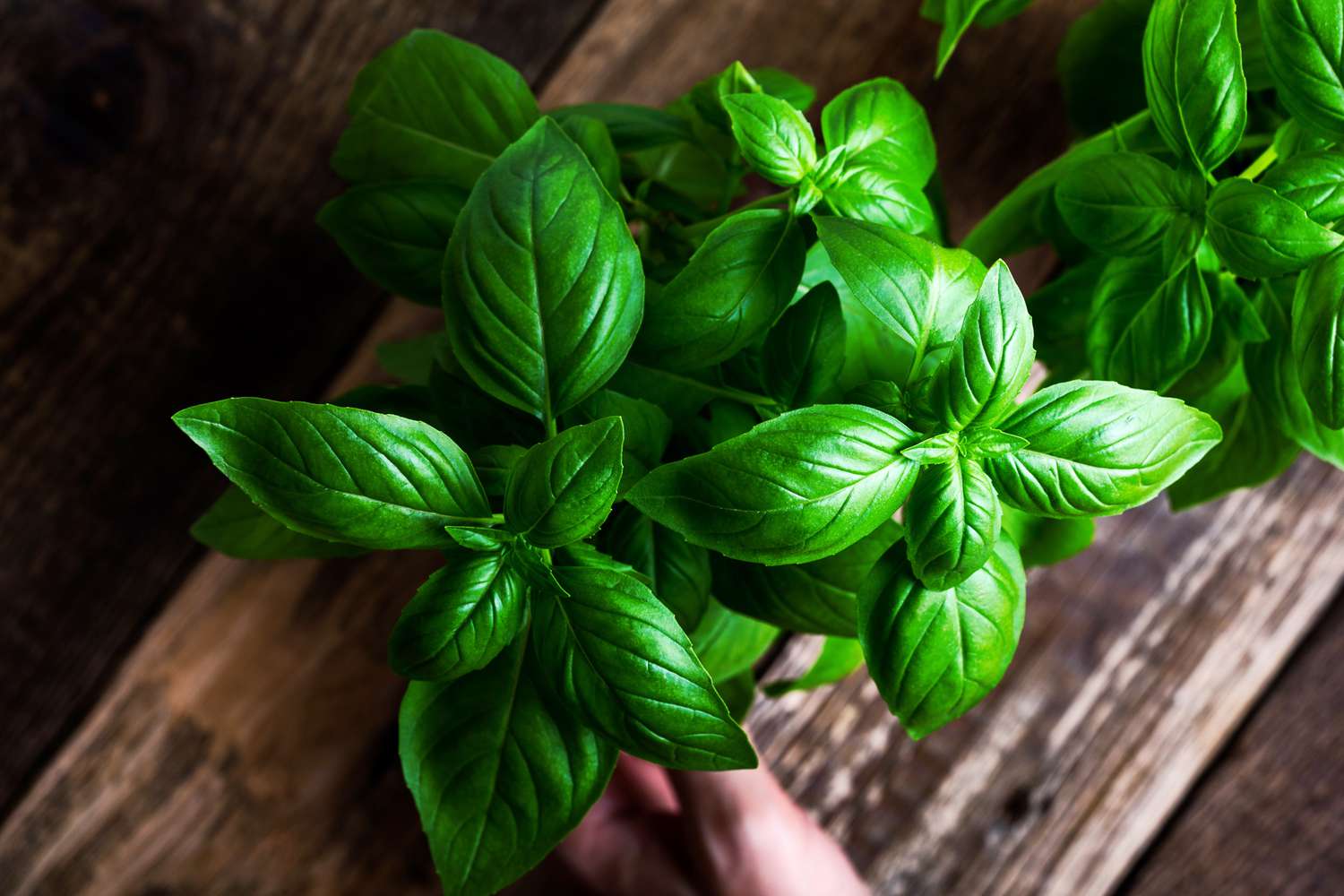
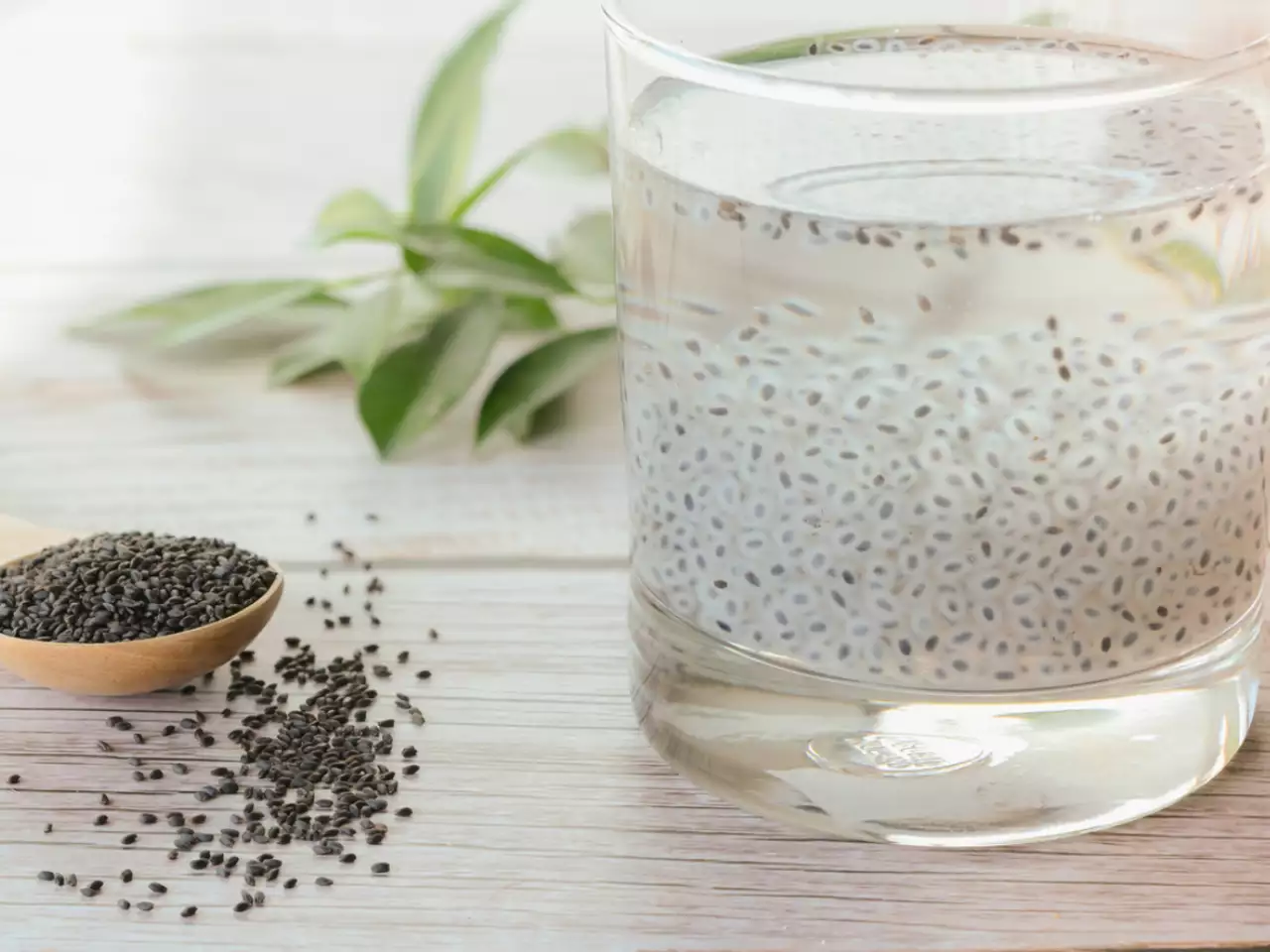
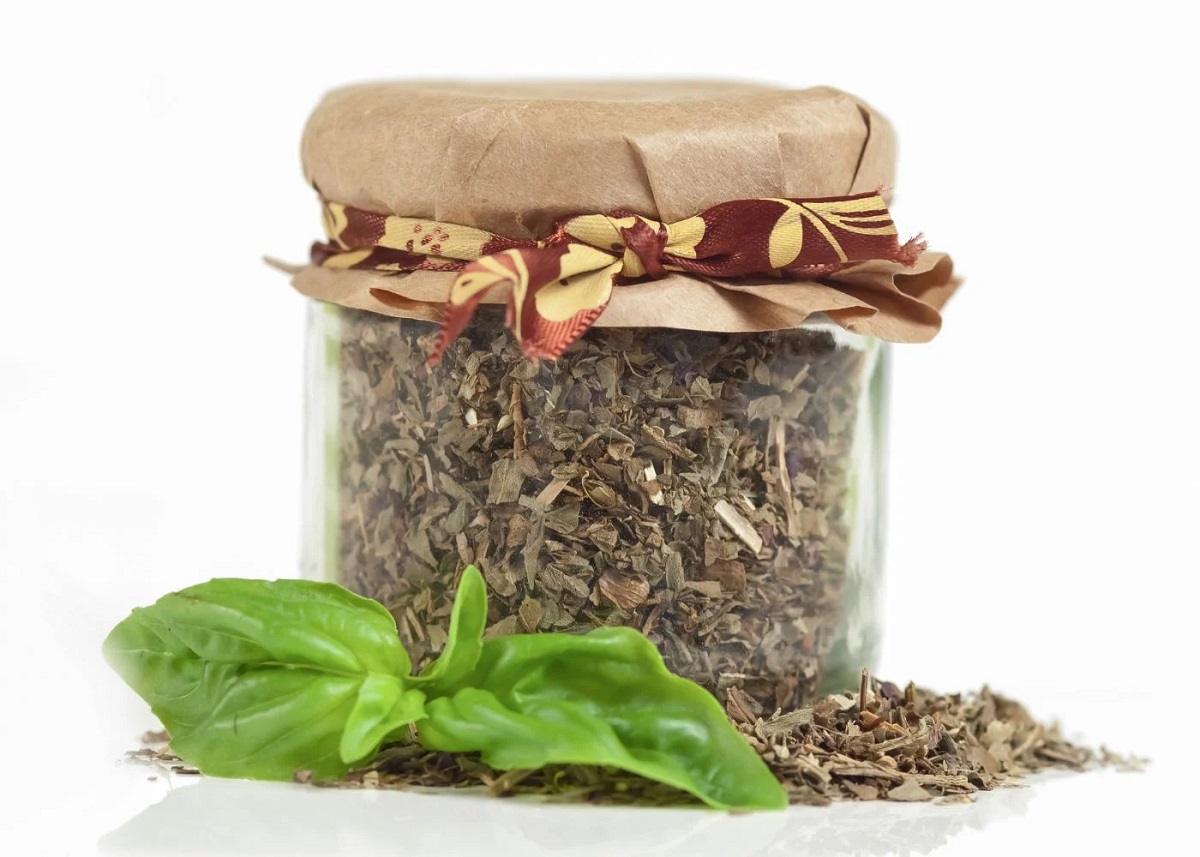
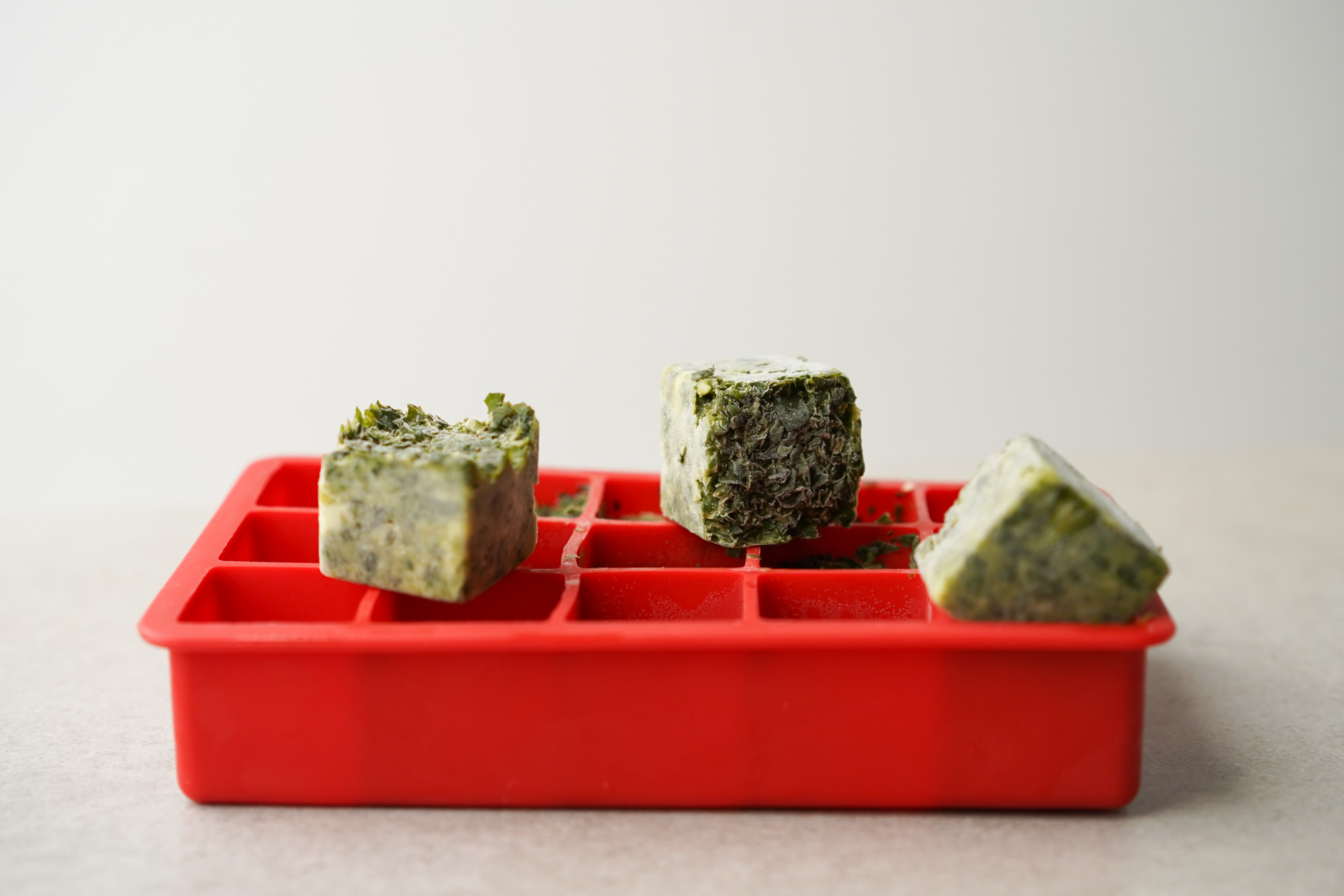
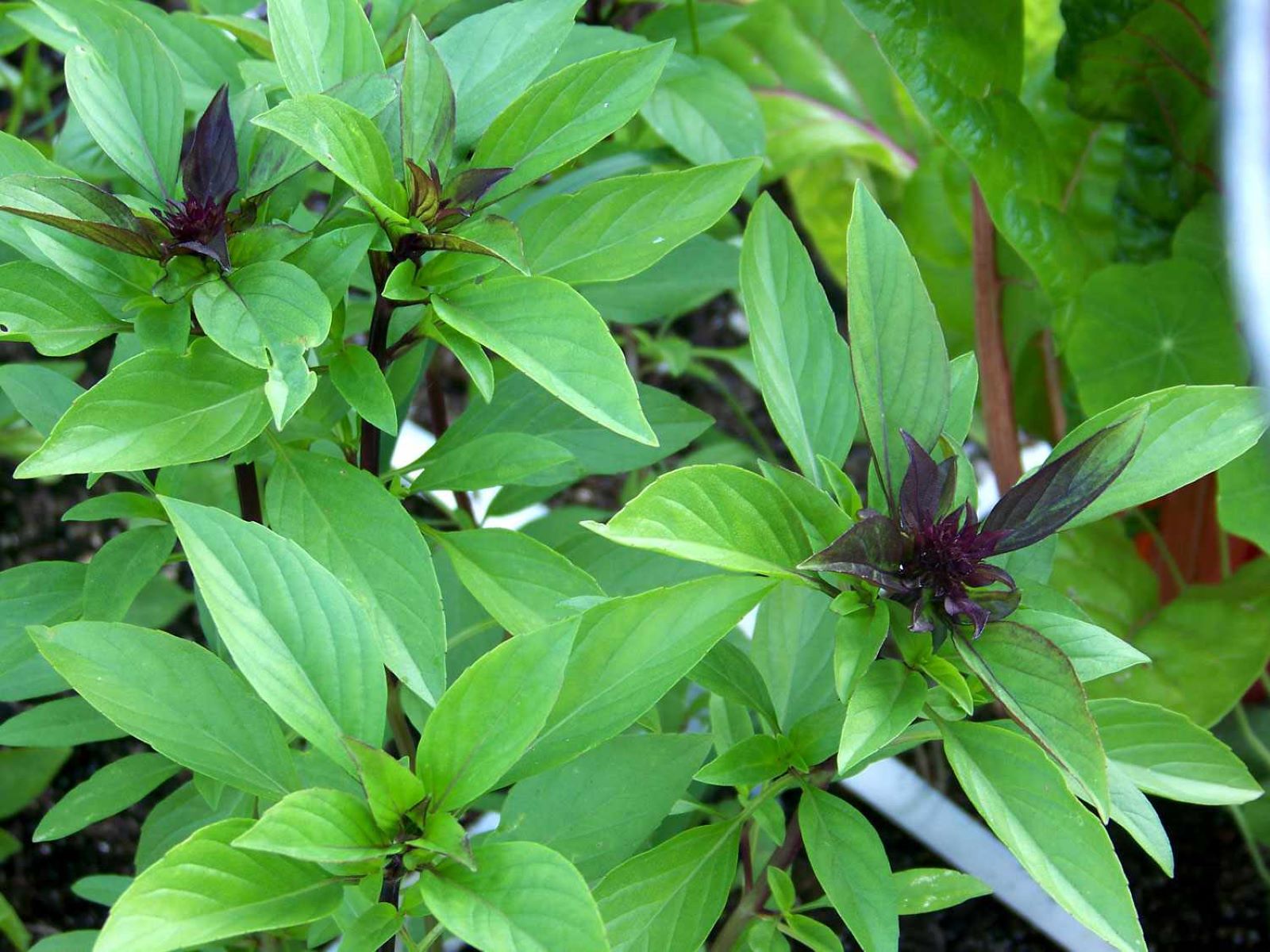
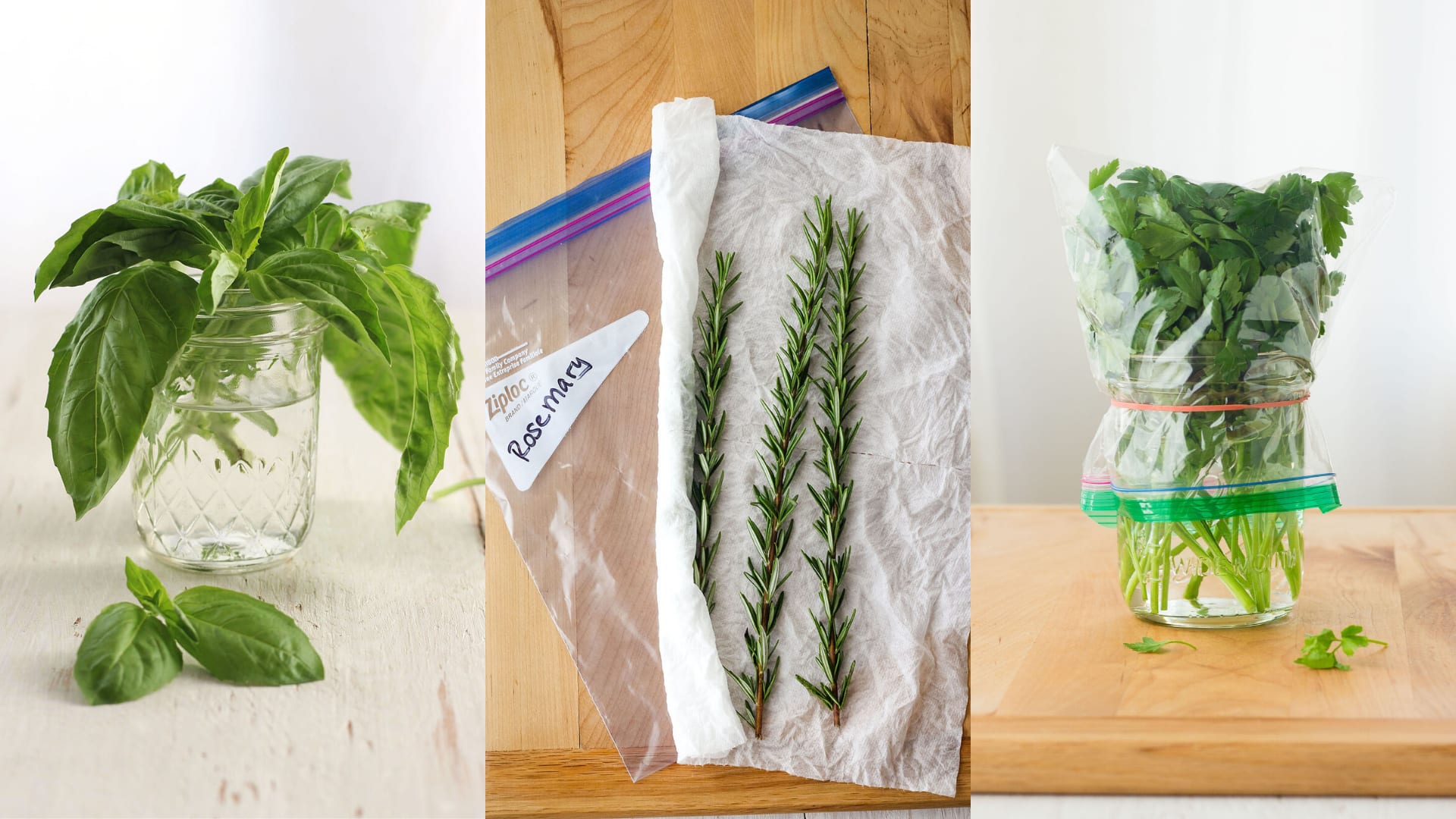
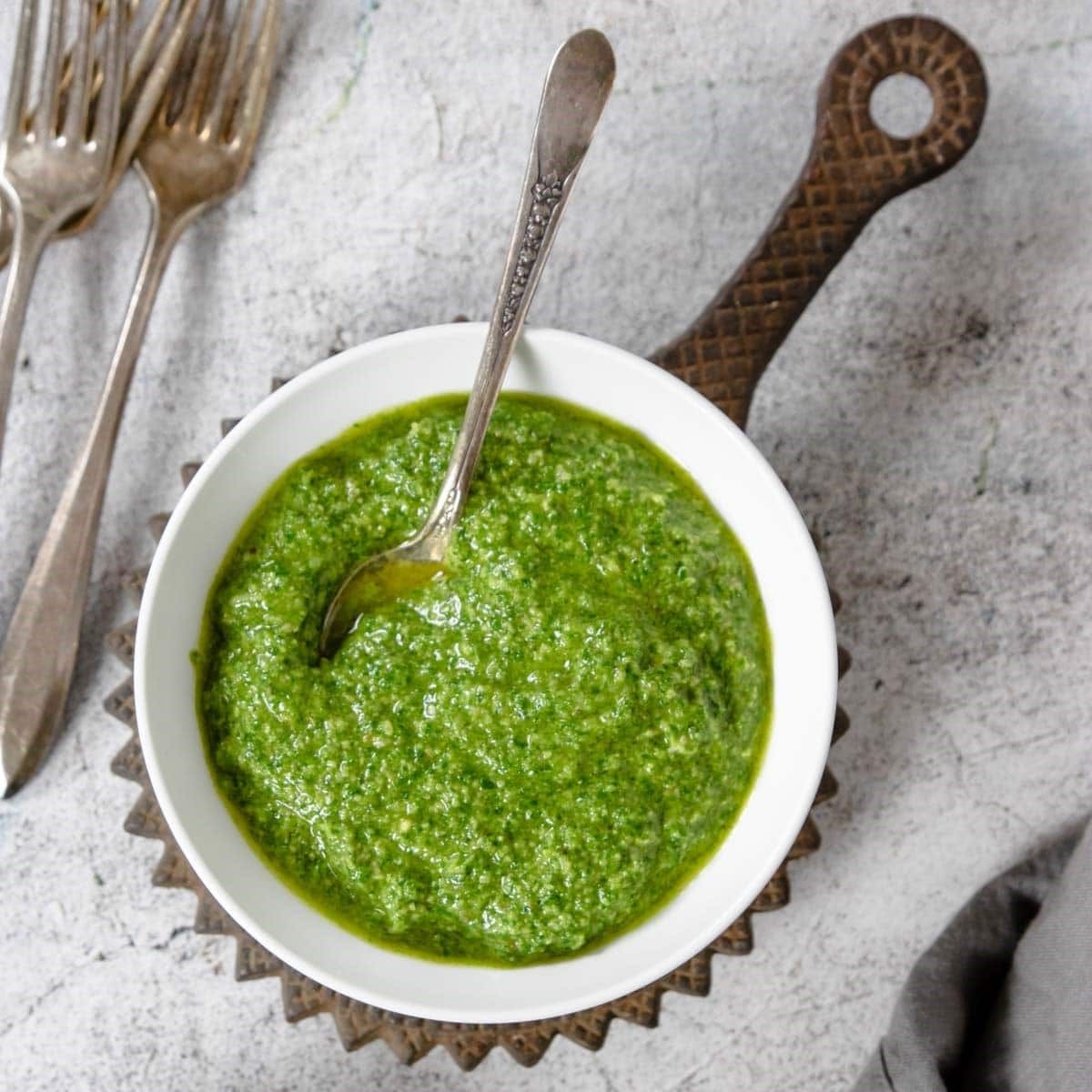
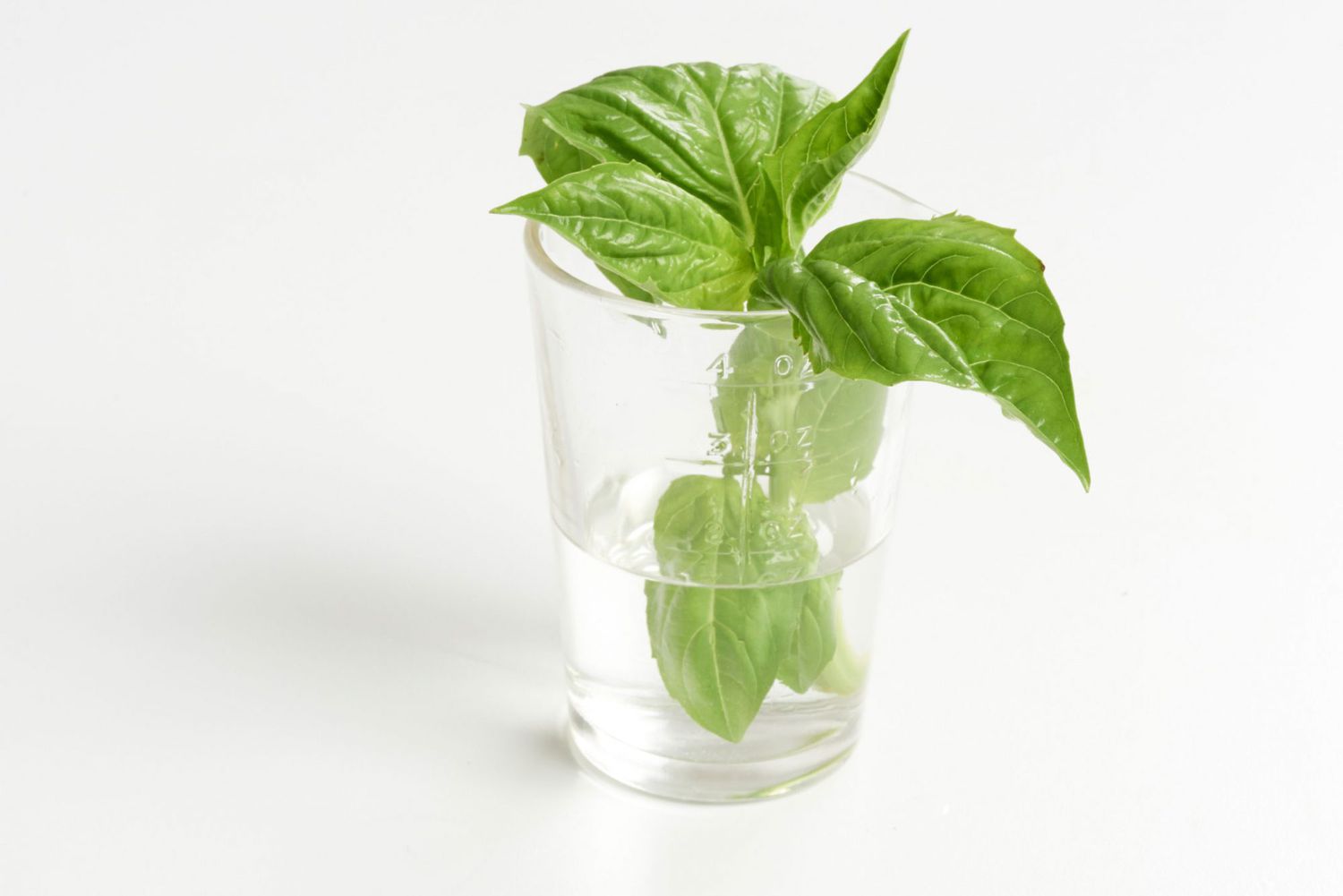

0 thoughts on “What Is Basil Seed”